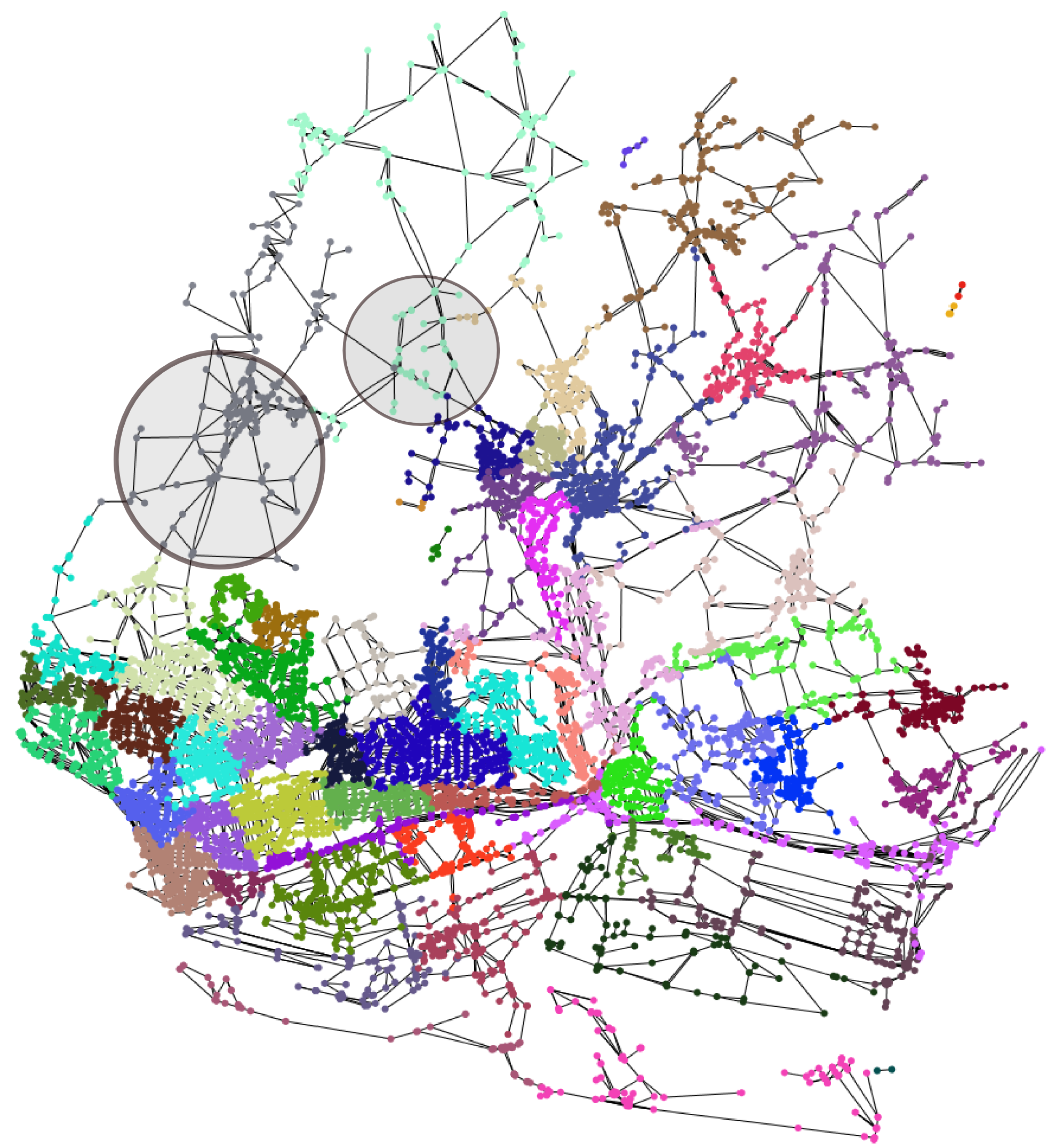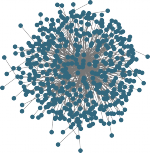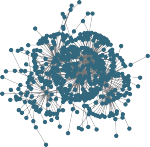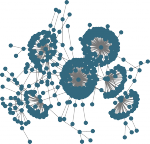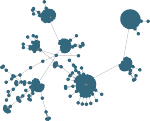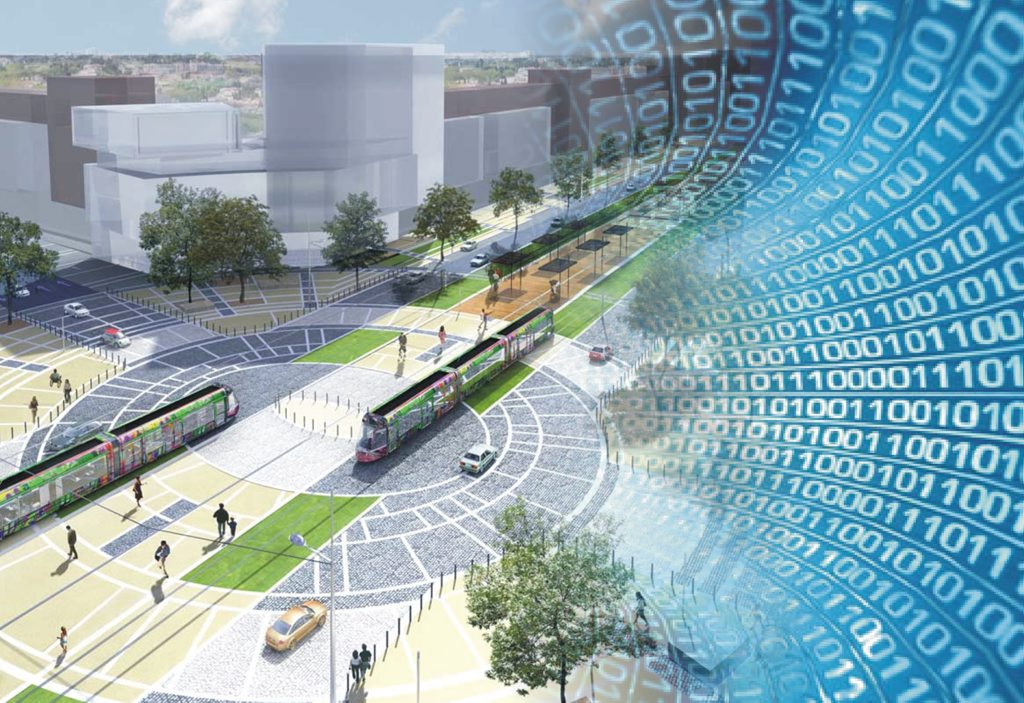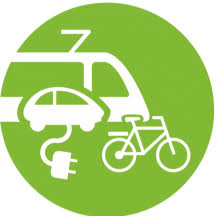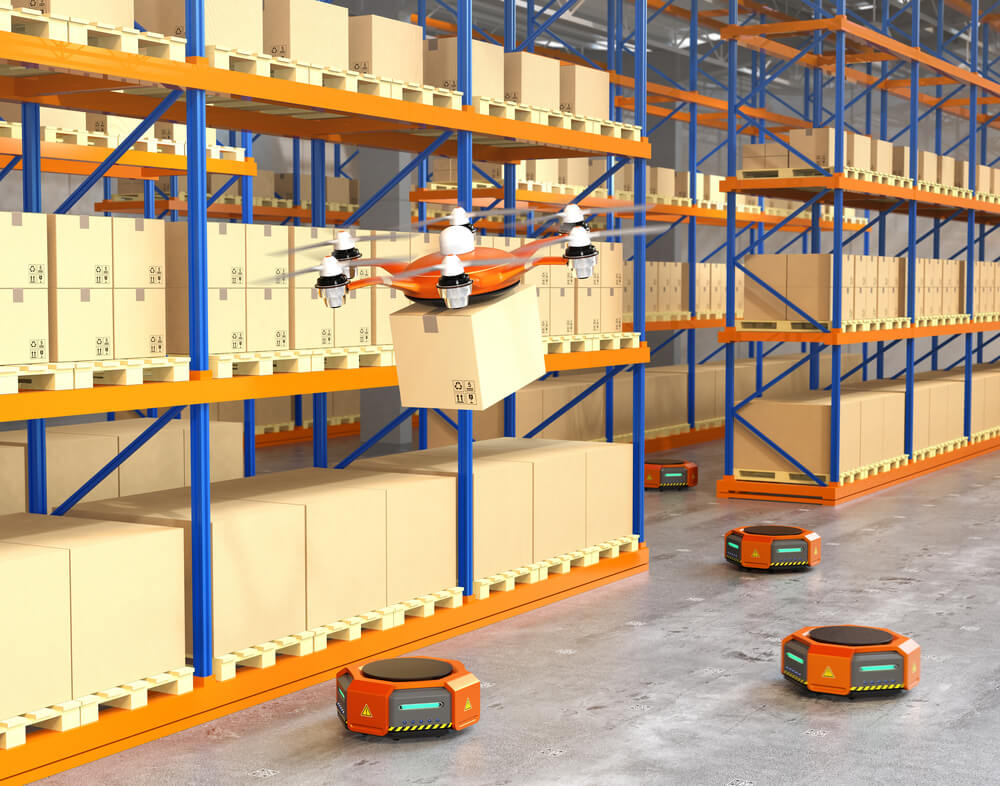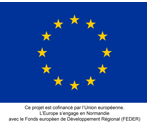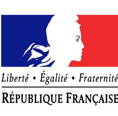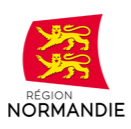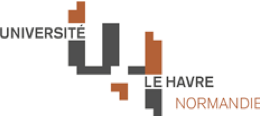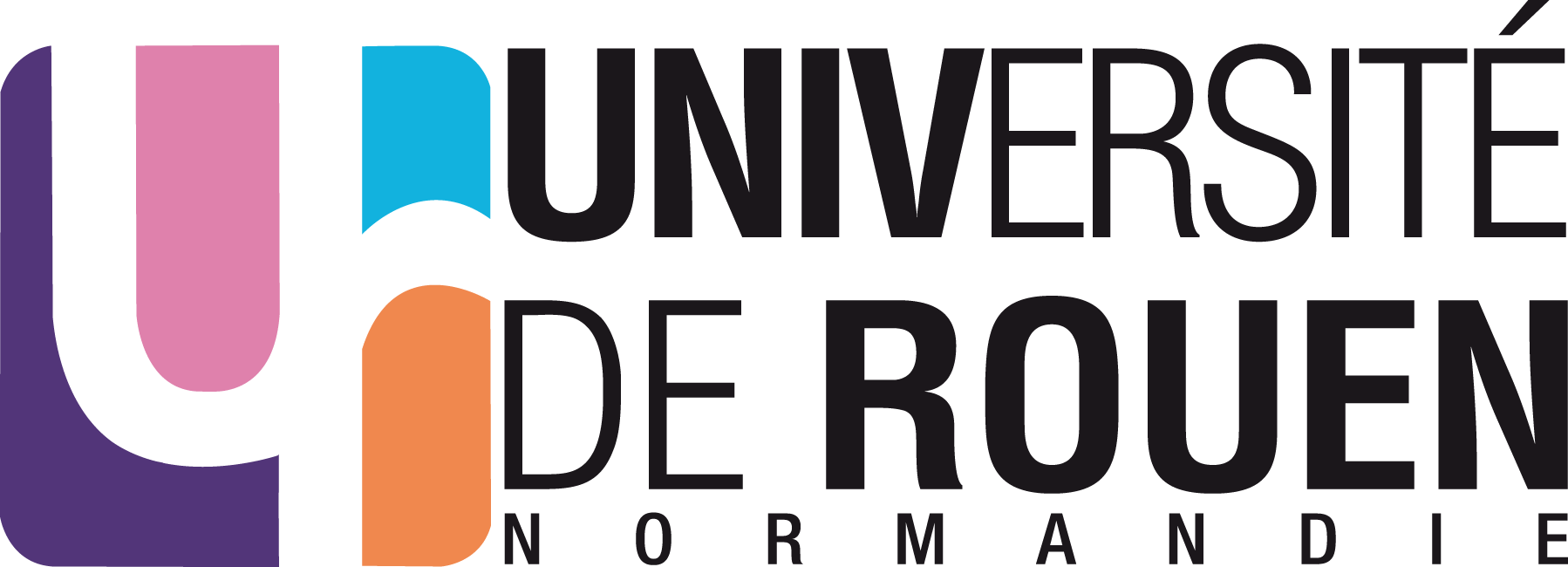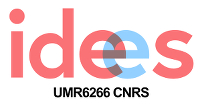|
XTerM2019: compleX systems, Territorial intelligence and Mobility
Keynote Speakers
“Territorial intelligence” is a concept employed to enhance our understanding of territories and the multiple interactions that occur within them. Today, the complexity of these systems of interaction, at the scale of individuals, organisations or infrastructures, requires us to rethink our analyses, our assessments and the services provided to citizens and operational participants. Territorial development invites researchers and practitioners to recognise more fully the complexity of territorial systems. These systems are based on networks of interactions that differ in nature and vary in scale, both for individuals and organisations. New technologies, new communication systems, the globalised economy, sustainability issues, are driving a constant rise in the complexity of these territorial systems.
In order to understand and manage this complexity, three kinds of analysis stand at the interface between modelling and territorial governance: 1 – the epistemology of the complexity of systems: this is about exploring notions and concepts that can be used to identify this complexity; 2 – reinforcing the knowledge base for the different systems that characterise territories from the perspective of complexity; 3 – developing models and simulations that formalise complex territorial networks: road networks, energy networks, social networks, logistics networks, etc. The purpose of this call for conference papers is to bring together the community of researchers and practitioners, from every discipline, who are interested in territorial intelligence and in the issues around the connections between complexity, territory, futurology and decision support. The expected contributions may relate to epistemology, the establishment of a knowledge base, the development of models and simulations, or feedback from territorial actors and practitioners around these questions.
To this end, we propose to focus particularly on the following themes: A – Complex networks This theme considers the mathematical and computational modelling of complex systems, notably in terms of networks of interaction. The aim is to study the different forms and stochastic models that characterise the complexity of these networks. In particular, it will look at the impact of these topologies on the dynamics of the systems that depend on these networks. We will also explore the development of statistical models to study the dynamics of complex stochastic systems operating in an uncertain environment. The different networks characteristic of territorial spaces, approached from a spatiotemporal perspective, are practical cases where the analysis of systemic loops between topology and dynamics can contribute to understanding or decision-making as control cases for the evolution of certain phenomena: epidemiology, territorial resilience, development of smart cities, etc. Papers may examine conceptual approaches to the theory of complex systems, stochastic systems and their modelling, the dynamics of complex networks, self-organisation processes and the monitoring of network dynamics.
The theme here is the movements of an individual or of a group of individuals, or the interactions of an individual or a group of individuals with their environment, through the study of the processes of emergence and self-organisation that underpin their dynamics. Papers may seek to show the temporary nature of these interactions and in particular the nonlinear aspect of their dynamics, i.e. the fact that the movement of an individual and of a group of individuals is relatively sensitive to initial conditions, which may lead to a macroscopic rearrangement of their interactions with the environment. They could show how the design of places of encouraged actions can disturb and destabilise, or offer possibilities for action (i.e. affordances), and thereby lead to a certain behavioural flexibility – or conversely a form of resistance – in response to changes in the configurations (properties) of the environment.
The theme of travel and complexity fits into a scientific approach that examines the capacity of the soft data and big data generated by connected objects to constitute a new resource for the understanding of urban patterns and territorial mobilities. The results of research on these new mobilities revealed through connected objects show that people do not use every part of urban space, but have both hotspots and places that they visit sporadically, both preferred travel routes and other more occasional routes. The results generally reveal a high degree of variability and complexity in the movements of users through urban and territorial spaces. Papers could examine the advantages and/or limitations of soft data for the development of new approaches to mobility. They could also show how these mobilities based on connected objects reflect forms of both permanence and uncertainty with regard to the places visited and the emergence of temporary concentrations, depending on the mode of transport used, the type of event recorded and the time interval selected.
In order to make mobilities in their territories more sustainable, public decision-makers need tools that can tell them how those territories are occupied and used (population characteristics, travel routes and modes, daily trips, etc.) and can help them to understand the impact of the mechanisms available to them (impact on travel modes, routes, emissions…). A number of municipalities have already acquired such modelling tools, and others have expressed an interest in doing so in the not too distant future. Papers could discuss existing methods and the resources employed to do such modelling (collection of data via new surveys, use of big data, development of new models, combining of models, refreshment of existing approaches).
An analysis of the challenges and developments in industrial or logistics sectors reveals significant changes linked with the need for systems to be flexible or reconfigurable. This is also reflected in the digitisation of processes and changes in the way these systems are organised and managed, be they production tools or logistics chains. Apart from the changes in organisation and management methods, these shifts depend on the development of IT and information and communication technologies (Internet of things, connected machines, big data, supervision software, artificial intelligence, etc.), combined with the rise of robotics (mobile robotics, collaborative robotics, etc.) and on the modelling, simulation and optimisation of these complex systems.
|



